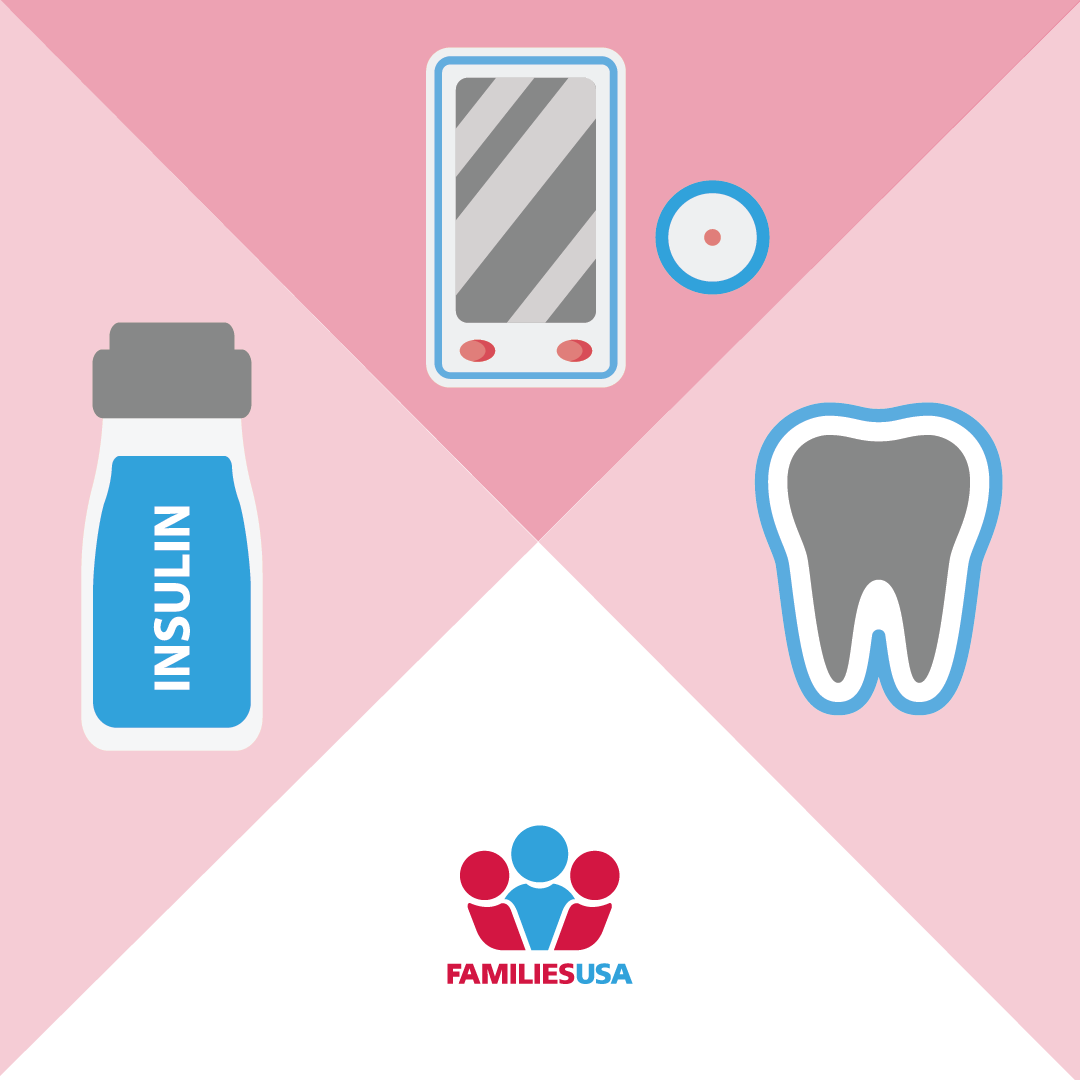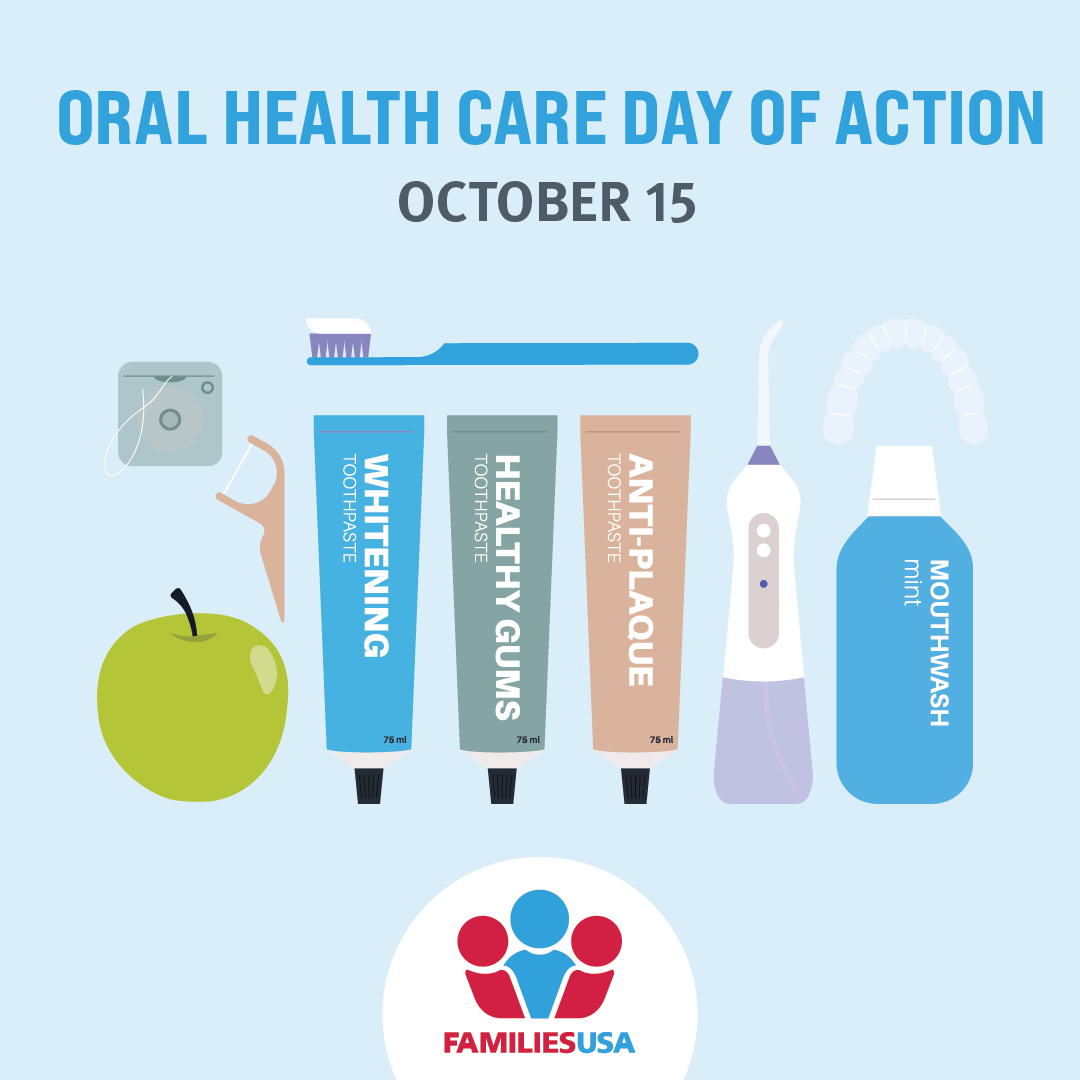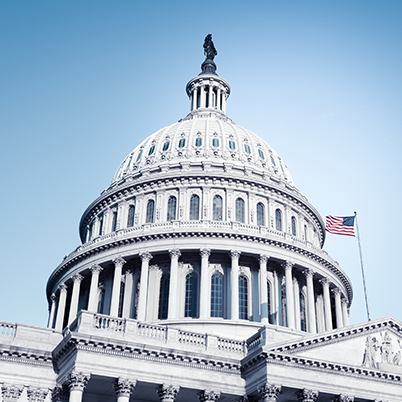
Repeal and Replace Could Reverse Progress on Oral Health
02.06.2017
Former U.S. surgeon generals refer to oral disease as a “silent epidemic” affecting some of our most vulnerable citizens.
People who lack coverage for oral health care are likely to forego preventive care, get cavities, lose teeth, and suffer from periodontal disease. This can exacerbate other chronic and acute illnesses people may be experiencing.
Besides its physical effects, poor oral health can affect economic and social well-being: with painful or missing teeth, it’s harder get jobs or perform well at school and embarrassing to smile.
Children have made significant progress in oral health thanks to coverage under Medicaid, CHIP, and the Affordable Care Act.
Now, that progress is threatened along with hopes for better adult coverage.
Medicaid block grants or per capita caps: Right now, all state Medicaid programs must provide periodic oral health screening exams for children as well as treatment of any problems found. For adults, on the other hand, oral health is an optional service in Medicaid: most states provide some oral health coverage to adults, and a third provide extensive benefits covering both prevention and treatment.
Under the Affordable Care Act five million adults gained Medicaid coverage that includes dental benefits. Proposals to either block grant Medicaid or to limit how much each state gets per recipient (per capita caps) are just a way to cut Medicaid and would reverse any hope of progress. If states get less money and even more discretion not to cover oral health and/or to cut coverage all together:
- Children will lose access to dental care as budget pressures lead states to decrease already low reimbursement rates for dental service or, if allowed, cut services; and
- Many states will decrease rather than improving adults’ coverage.
Private coverage: The Affordable Care Act requires all marketplaces to offer coverage of pediatric dental care either as part of a health plan or in a stand-alone dental plan. In marketplace plans that cover general health as well as dental benefits, financial assistance lowers families’ costs for this care.
Outside of the marketplace, insurers that sell coverage to families must also offer dental benefits to children. Before the election, the federal government and oral health organizations were working toward further improvements to make it easier to shop for dental benefits and the federal government was working to make it easier to get help paying for them.
Proposals to repeal and replace the Affordable Care Act threaten the guarantee that pediatric dental coverage will be offered and affordable to all families.
Improving care: Community clinics, states, and researchers are working to improve access to dental care and to better integrate it with physical health care using a variety of approaches. But it will take research and dissemination to better use an array of health professionals, each practicing at the top of their licenses, to deliver services; better screen for risks; develop and integrate standard electronic health records; and test new prevention and community education techniques.
The federal Department of Health and Human Services plays a vital role in funding such innovations and disseminating results. Repeal of the Affordable Care Act would end this funding for that work.
People who care about oral health have an important message to convey to their governors and members of Congress: cuts to Medicaid funding and/or repeal of the Affordable Care Act will cause great harm.




